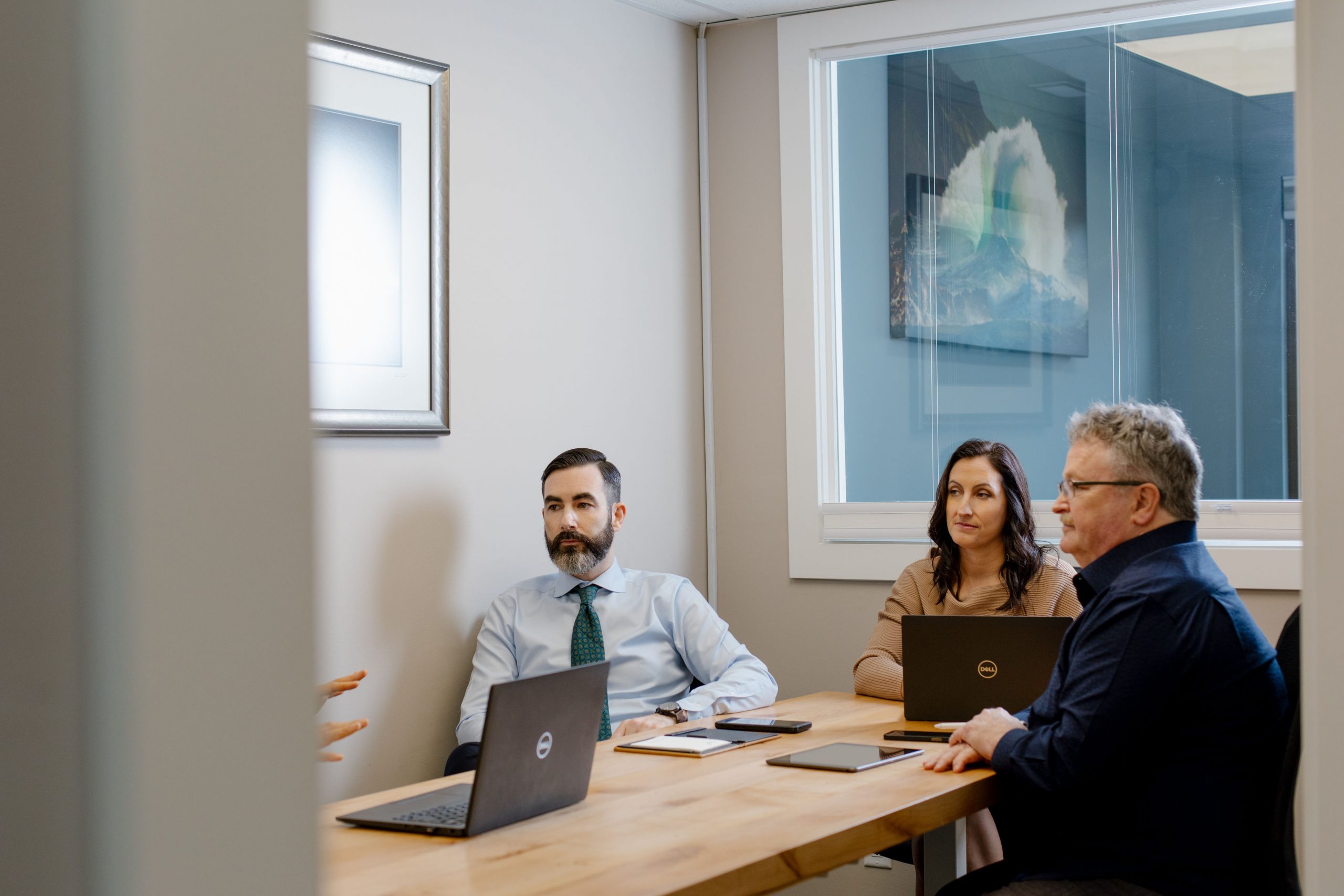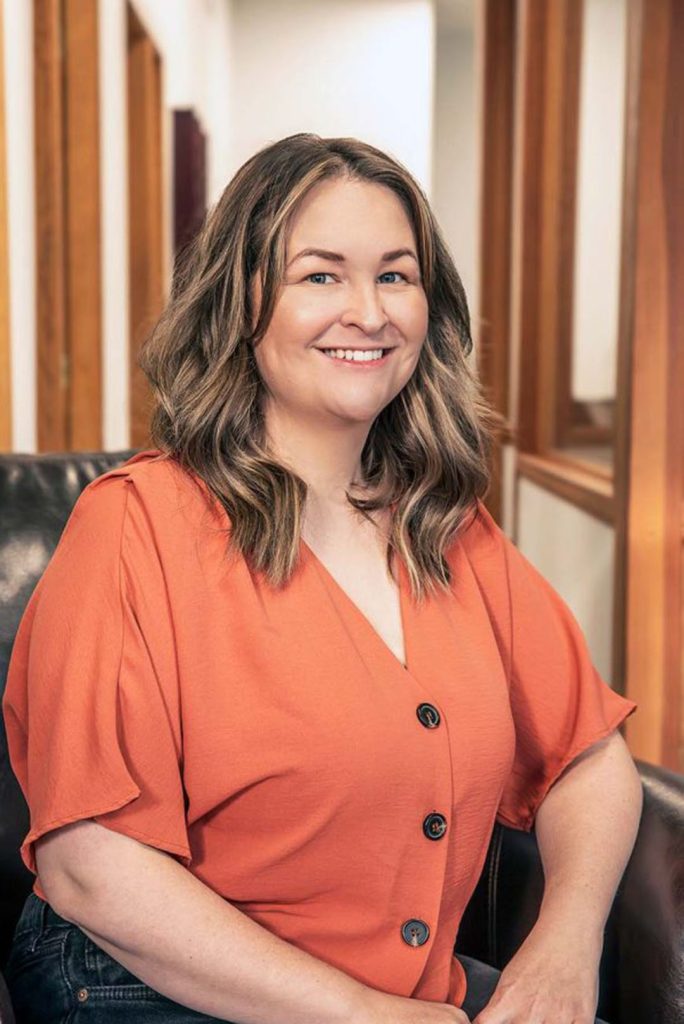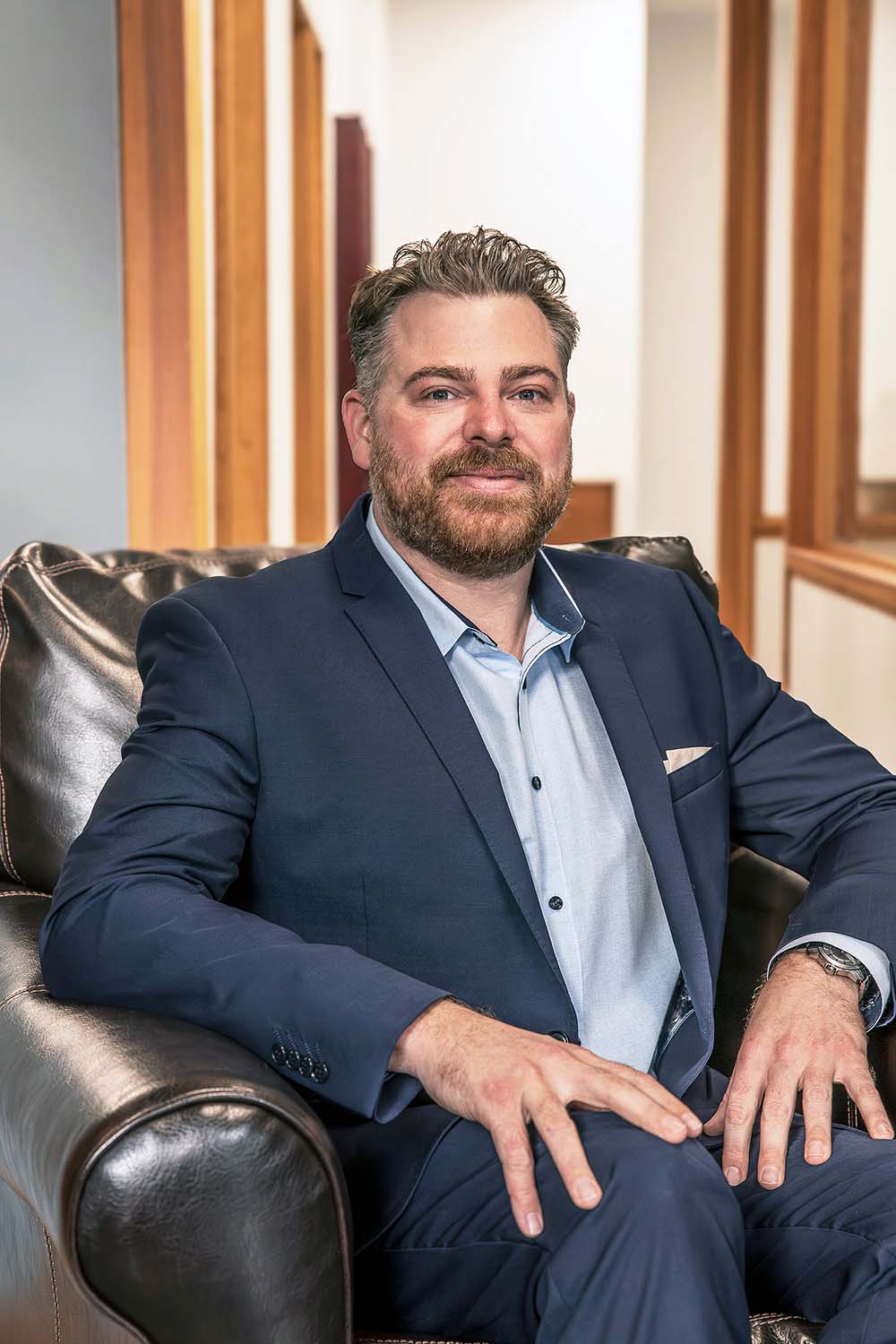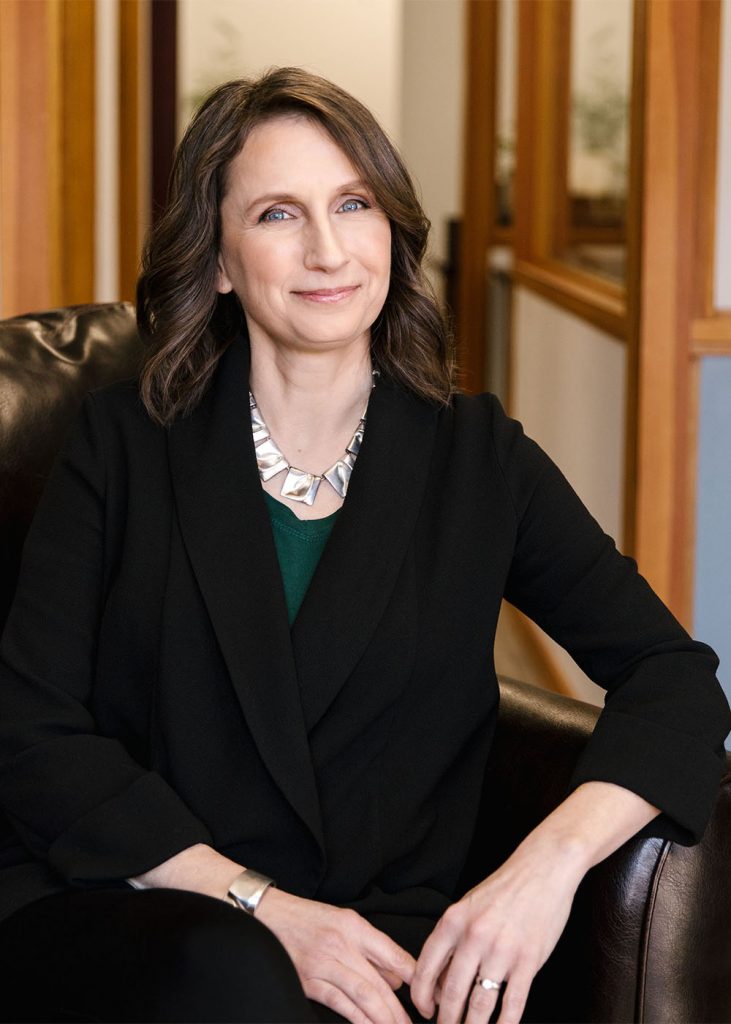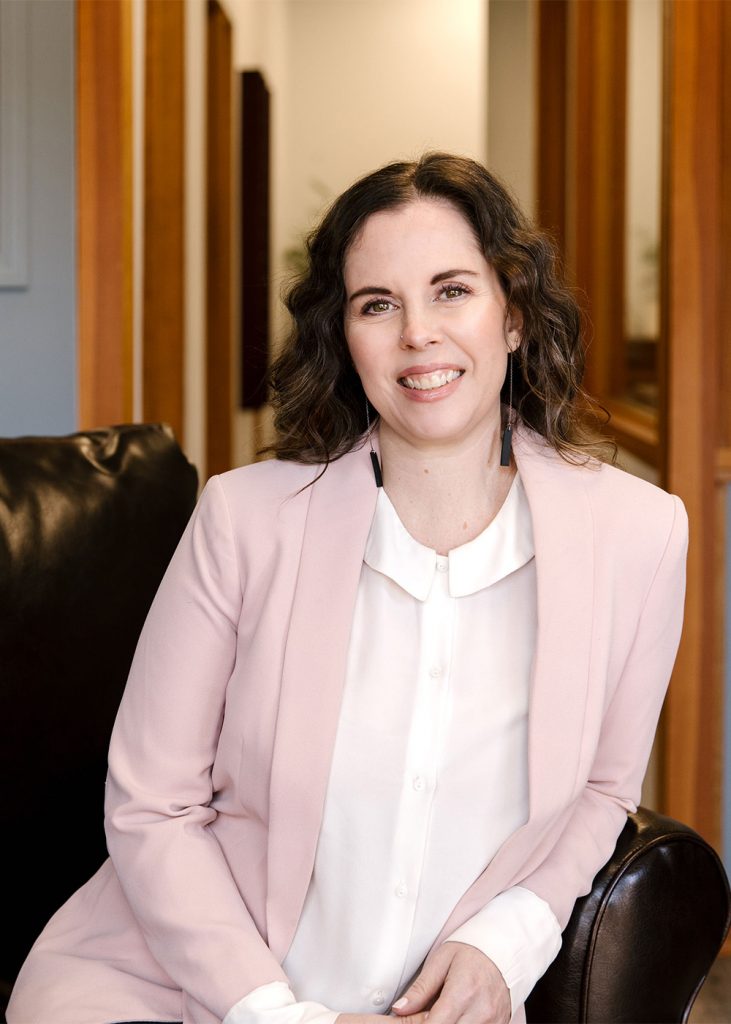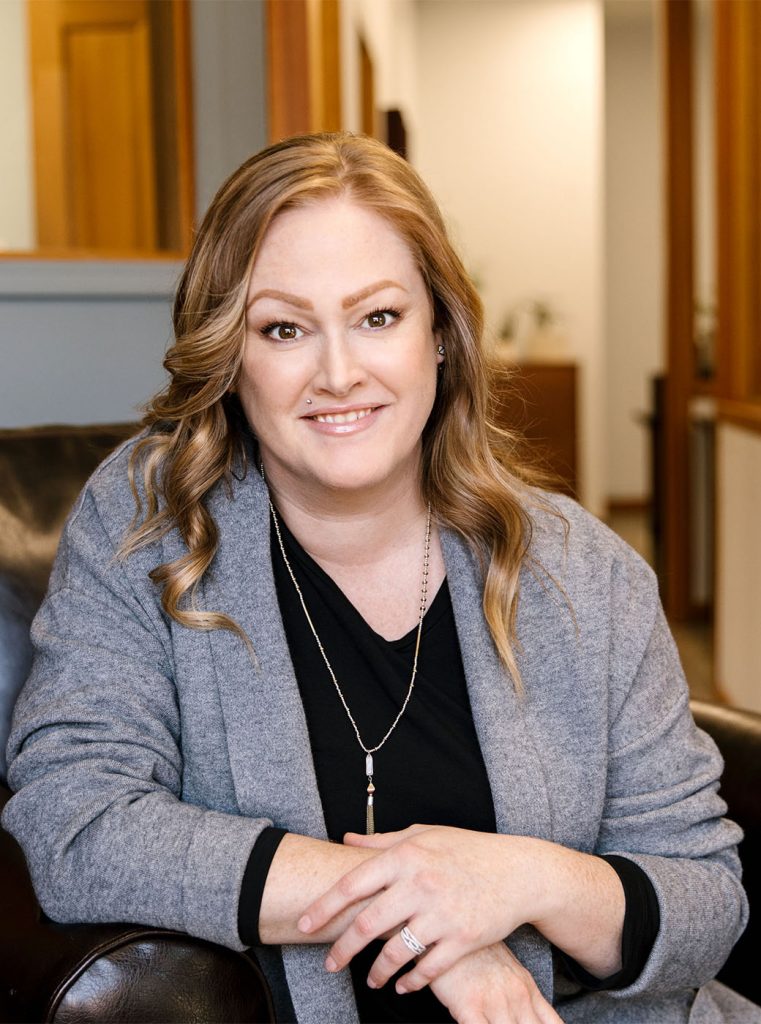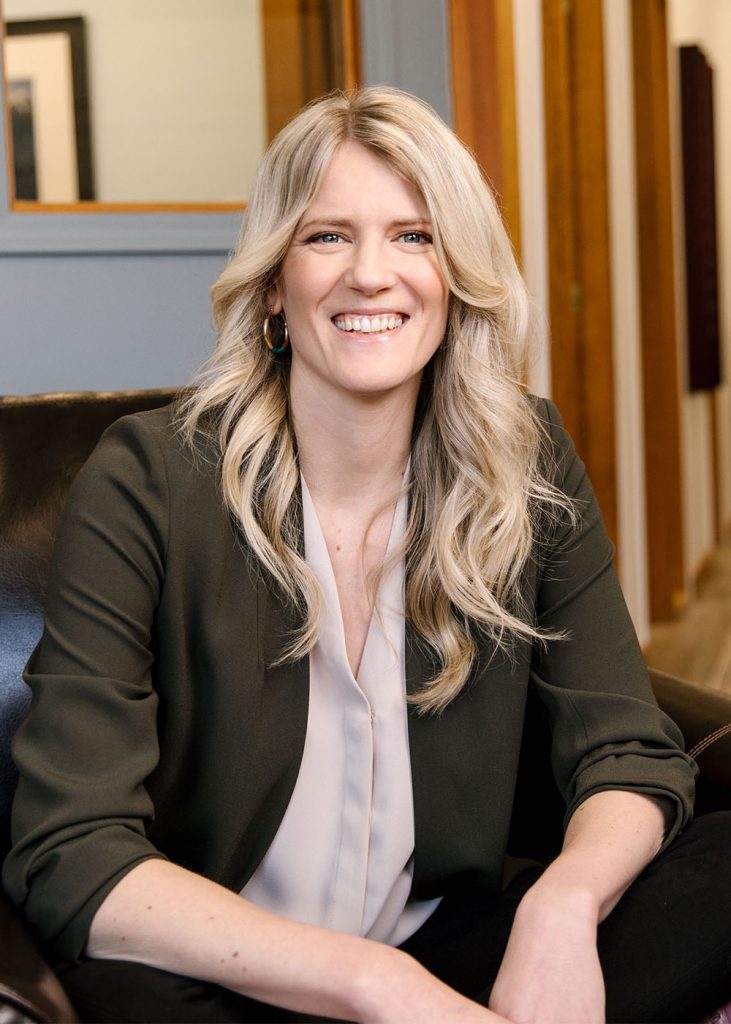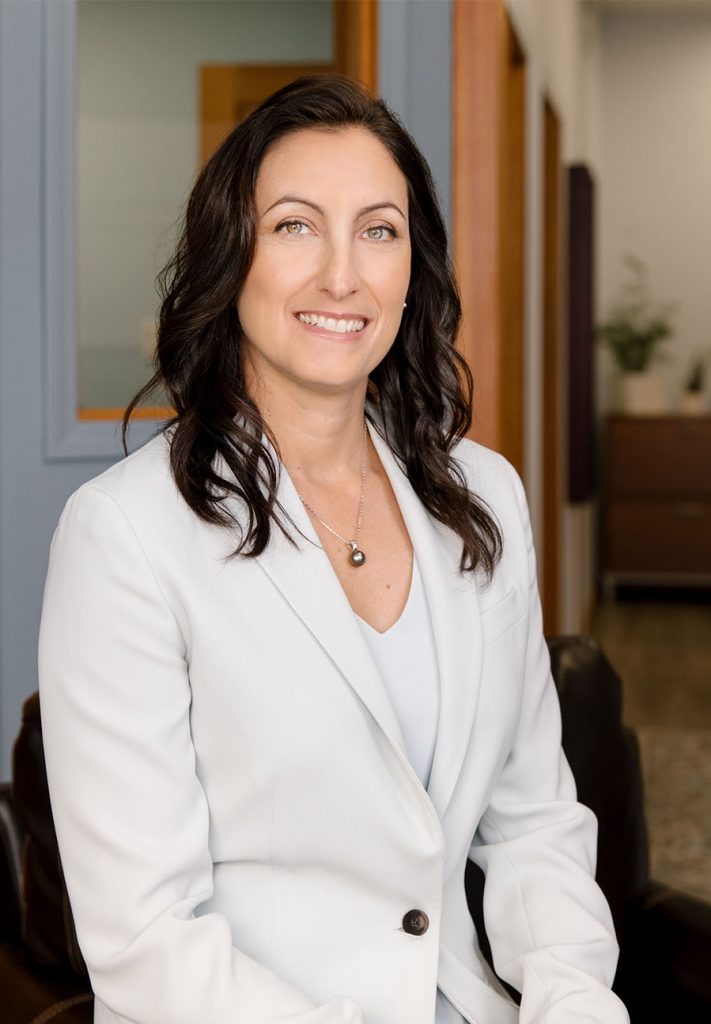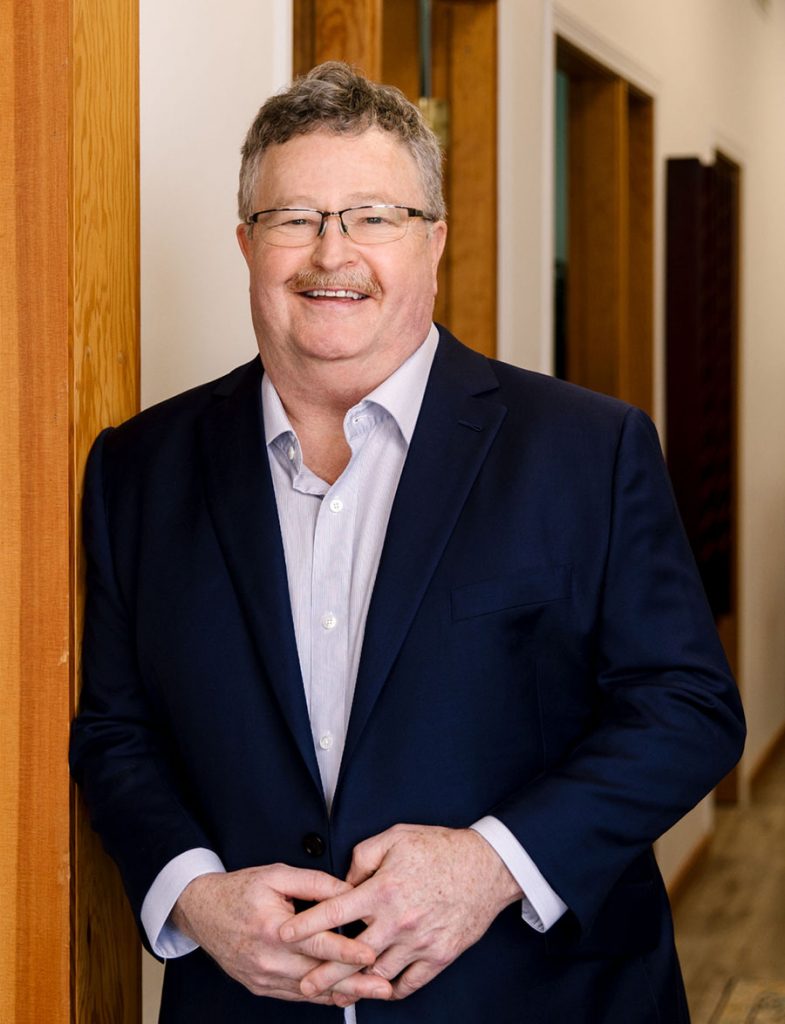Lydia has been an excavator operator for a long time.
She’s more than that, now – she’s an entrepreneur. Her business started as a sole proprietorship one-woman show, growing slowly but surely into the enterprise it is today. She hired slowly, adding first an apprentice, then two apprentices, then a lead hand. Once she invested into equipment and machinery, she made the smart move to incorporate to protect herself against liability.
Lydia’s lawyer and accountant worked together and encouraged her to not only incorporate her business operations (OpCo), but to set up a holding company (HoldCo) as well. She understood that the HoldCo would provide another layer of liability protection, and the accountant had made recommendations about the ownership of the shares that Lydia agreed to, but she later found the specifics difficult to recall. The OpCo issued 100 common shares and were owned by Holdco. Lydia in turn owned 100 common shares of HoldCo.
After several years in business, Lydia looked around herself to find she had built a thriving business. She had a large team, several machines, and a repeatable process that made her salespeople successful and her customers satisfied. Her business had a great reputation in the community, her staff were happy and so was she.
But entrepreneurship is tough, with long hours and high stress. Lydia started thinking about what the future would look like if she was able to sell the business. How could she ensure her 10-20-year plan compensated her for all her hard work and sweat equity? She started talking to her community of entrepreneurial peers for their insights, and around the dinner table, Lydia learned about the Lifetime Capital Gains Exemption (LCGE) for the first time.
“My accountant explained it to me like this,” her friend Joe stated, refilling her glass of wine. “As incorporated business owners in Canada, we are entitled to almost $1 million (2023 – $971,190) in tax-free gains from the sale of my shares. There are lots of special rules to make sure the shares qualify for the LCGE, but it’s one of many excellent incentives to incorporating a business. It’s something I’m counting on when I sell.”
“That’s right,” noted Caroline, from across the table, “it’s roughly $970,000. I’m expecting my clothing corporation shares to sell for $2 million within the year, and because it’s a Qualified Small Business Corporation (QSBC), I’ll only be taxed on about $1 million of capital gains. It’s an amazing tax benefit – you should talk to your financial planner about it!”
Lydia sent Hannah, her financial planner, an excited email the next morning requesting a meeting to make sure her financial plan included a provision for the LCGE.
Hannah and Lydia met two weeks later.
“It’s so great to meet with you, Lydia!” bubbled Hannah, “I’m so excited to talk about this interesting bit of tax planning. I hope you’re ready to learn.”
“I’m ready! I’m ready to learn how much tax-free money I’ll get when I sell the company shares,” said Lydia, equally exuberant.
“I don’t want to burst your bubble, but your share structure isn’t set up to take advantage of the LCGE. Your OpCo is owned by your HoldCo. If you were to sell the business, your HoldCo would be the vendor.”
“I don’t see the issue,” frowned Lydia. “What does it matter?”
“Holding companies aren’t people, and only individuals can claim the LCGE. That means the gain would be fully taxable in your HoldCo with no capital gains exemption.”
“Wait!” Lydia interrupted. “I am devastated. Did I receive good advice? This could cost me hundreds of thousands of dollars!”
“It’s completely normal to feel that way, Lydia, and anyone would feel that way in your position – but I do think it was good advice. In fact, I think your accountant was likely very experienced in working with businesses like yours. Service businesses like your excavating company are very rarely bought via a share sale, rather their assets are sold – and which are owned by the corporation. A share sale is how individuals benefit from the LCGE – there is a difference between the investment into the business and the sale price, which results in a capital gain. Often, with small businesses, the gain can be in the millions when their business is purchased, and those millions would be considered taxable income.
The LCGE “exempts” about $970,000 of gains from being taxed, so that amount is earned completely tax-free, subject to the Alternative Minimum Tax, which we can discuss later. Anything above and beyond that is taxable as a capital gain,” Hannah explained.
“Purchasing a company’s shares means purchasing ownership of everything related to the company, including potential future liabilities,” Hannah continued, “even if the liability was incurred before the new shareholders owned the shares, and that’s a risk few buyers are willing to take. Would you be willing to take on the liability of another company that you had no control over? Probably not. More commonly, it’s the assets of a service company that are purchased individually on their own – like the excavators, the client list, the shop, etcetera. There’s a profit and gain on that for sure, but since it’s not a share sale, there’s no LCGE.”
“Let me make sure I’m understanding correctly. You’re saying that even though the LCGE exists, it may not be a good fit for me and my business, given the type of business I’m in?” clarified Lydia.
“It’s a simplified explanation, but yes! There are other potentially suitable arrangements we could consider, like a hybrid sale. In that case, there’s an asset sale as well as share sale to take advantage of the LCGE. But given you’re at least 10 years away from the sale, there’s lots of time to restructure your OpCo and HoldCo to claim the LCGE on future growth, if it was needed That means that what you’ve done in the past isn’t always set in stone, and we’ll continue to regularly re-evaluate to make sure the structure aligns with your goals. Plus, I think your accountant was clever to structure the shares this way for now, as all the income and value accrues to your HoldCo, which for now allows you to control the timing of the personal income distributions.”
“Okay… I’m relieved. A bit bummed, but relieved to hear you all have my back with a good understanding of my financial situation. I’m bummed that Joe and Caroline’s businesses have better tax advantages than mine, but there’s nothing I can do about that – excavating was the business I built. I’m still glad we had our meeting – I learned a lot about my share structure, taxes and capital gains that I didn’t really understand before. I was so young when I set up the company – I didn’t realize what a success it would turn out to be, so I didn’t care about any of this stuff,” said Lydia, feeling satisfied.
“I love your attitude, Lydia! That’s one of the reasons I’ve always loved working with you – your positive attitude and outlook on life is an inspiration to me,” Hannah beamed.
“And your expert guidance, clear explanations of hard topics, and way of making me feel better about a tough situation is why I’ve always loved working with you,” Lydia replied.
Lydia left the office that day feeling calm. As she drove back to the shop, she had peace of mind, knowing that her financial team had her back, and taught her enough to share some education of her own the next time she, Joe and Caroline met to talk shop around the dinner table.
The information contained herein has been provided for illustrative purposes only. The information does not provide financial, legal, tax or investment advice. Investors should seek professional financial advice regarding the appropriateness of investing in any investment strategy or security and no financial decisions should be made on the basis of the information provided in this document. Wellington-Altus Private Wealth (“WAPW”) does not assume any liability for any loss that may result from the reliance by any person upon any such information or opinions. WAPW is a member of the Canadian Investor Protection Fund and is regulated by the Investment Industry Regulatory Organization of Canada.
© 2023, Wellington-Altus Private Wealth Inc.
ALL RIGHTS RESERVED. NO USE OR REPRODUCTION WITHOUT PERMISSION.


